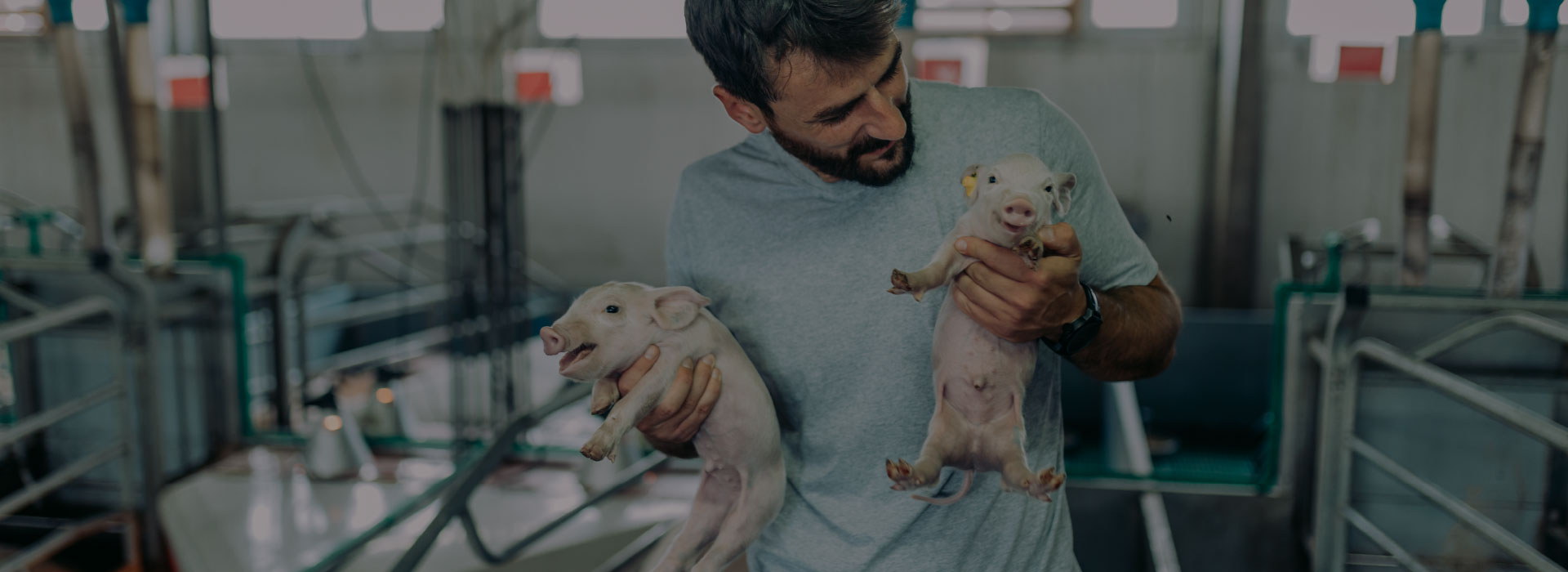
Human Resource Considerations in the Pork Industry from a North-American perspective
Terry Coffey, PhD, Parkway Advisors, LLC (USA)
Modern pork production is not only a pig business, it’s also a people business.
In 2020, the forty largest US pork producers owned two-thirds of the nation’s sows.
The identification, recruitment, training and retention of well-qualified employees are essential to the ability to produce safe, wholesome food.
Employees have a wide range of career paths available to them in the modern US pork industry including:

Information technology.

Veterinary medicine.

Environmental management.

Laboratory services.

Accounting and finance.
Despite this positive perspective, in the author’s experience, farm-level employee turnover in large production systems:
- Is about 25% per year.
- Usually occurs within the first 30-45 days of employment.
Key points for employee recruitment
01. On boarding process
Be certain that potential employees clearly understand job requirements and working conditions such as:
- Hog farms are located in rural areas where there are fewer people.
- Biosecurity requirements: showering into farms for work is off-putting to some people.
- Pig care is a seven day a week job and usually require some weekend work.
02. Training
Most new employees will not have pig management experience.
Farms should either:
- Develop their own:
. Detailed standard operation procedures and operation protocols at all locations.
. Plan to train their own employees. - Access professional services for process standardization and employee training.
03. Management and supervision
This is another critically important component for employee retention.
People could be good at working with and managing pigs, but they are not necessarily good at managing people.
Swine producers must have a well-defined strategy and programs for manager training and development.
Some of the skills that managers need to be successful include:
- Creating accountability.
- Conflict resolution.
- Effective delegation.
- Aware of and maintain compliance with workplace requirements to support worker:
· Safety.
· Equality.
· Inclusion.
· Harassment prevention. - A process for providing employees routine feedback regarding:
· Work performance.
· Expectations. - Effective communication.
Pork is a people business: sound processes for recruitment and a work environment that supports learning and career growth will result in better employee retention and, in consequence, in better pig performance.

